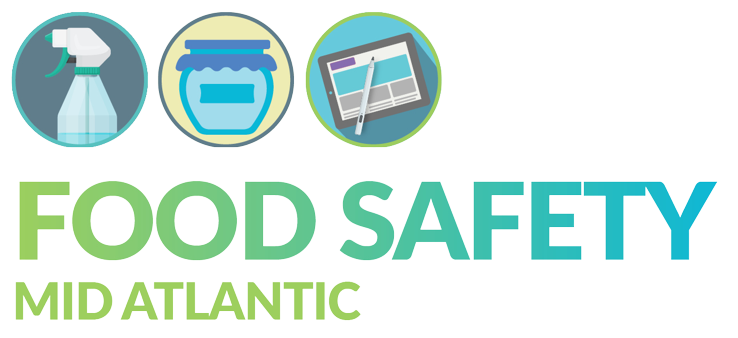This is part two of a multi-part review of an interview I did with Wayne Robert in August 2020. Sadly Wayne passed away in January 2021. Reading through the interview we did for my book gives me hope for the future. You can find Part 1 here.
The most significant quote of the interview was “The symbolism of food is local.” and in this post I explore Wayne’s role in building a local food movement in Toronto and his support of others around the world to do the same in their communities. He was manager of the Toronto Food Policy Council which was the first food policy council in a big city. There are now 350 food policy councils throughout Canada and North America.

A food policy council is an organized group of stakeholders from various sectors that may be sanctioned by a government body or may exist independently of government, which works to address food systems issues and needs at the local (city/municipality or county), state/provincial, regional or Native American/First Nations levels though policy. He came to food policy after working in the labor movement and the attitudes there had a huge influence on how he approached food systems change.
“I used to be in the labor movement and in the labor movement, the practice that was followed was called leap frogging which is: This group gets x. Now our group deserves the same. Then we jump back and forth. So I wanted to get that game going in city food policy. ”
This led to a discussion on the size of the food industry as a whole because few people recognize that food is one of the biggest employers in a city and is the third largest industry.
“[.T]he fact is, it’s true in every city, the biggest employer in every city is food. […] because you add together waiters and waitresses and usually there’s some local food processing. Toronto is the one of the biggest food processing centers in North America and there’s a lot of manufacturing employment. And when people think of it only as agriculture, they don’t think the city as the center of food employment.”
We discussed my challenges teaching food science and having to recognize that the jobs for my students were with the multinational corporations and, not even if they were interested, with smaller local businesses or with changing the food system. This became a personal problem when I left academia to have a more direct, grassroots influence on the food system.
“The Food moment, by its nature, is a local movement. “The symbolism of food is local. You know, it’s mom and grandma making meals and eating with friends and, you know, much more intimate. It’s not thought of as the auto industry or some other impersonal industry, industry. It’s thought of in a personal way.”
Local and regional food have been shown to be essential during the pandemic. In my search for a local food movement, I’ve volunteered with both the Philadelphia Food Advisory Council and with the New Haven Food Policy Council. I often wish there was one locally and every so often I talk to people about starting one, so a couple of years ago, I started the Cumberland County Food Systems Change Group. If you are interested in knowing more about your local food movement, you may search for a local food policy council here.
